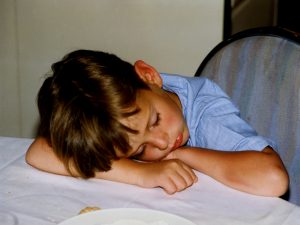Sleep apnea is a sleeping disorder that many people live with; it is a disorder wherein breathing stops and starts during sleep. One of the most common symptoms of sleep apnea is snoring through a full night’s rest but still feeling tired in the morning. If this sounds like you, perhaps see a professional who can help diagnose the problem. Sleep apnea – also spelt apnoea – is a common condition that many people have heard of without knowing what it is. Read on to find the answers to some common, and not so common, questions.
How does sleep apnea sound?
Generally, sleep apnea can be characterised as sounding like an intense snore. Some even report it as sounding like snoring – but if you were choking at the same time.
Can sleep apnea be cured?
It can – but the measures to do so, significant weight loss and surgery, are generally viewed as last resorts. Instead, most people trial with CPAP devices or other oral appliances. While these appliances don’t cure the disorder, they can help alleviate the symptoms. Surgery is done by either repositioning or removing excess throat wider in order to widen the throat and make breathing easier.
How is sleep apnea diagnosed?
When raising initial concerns with a doctor or your GP, bring someone that has witnessed your sleeping habits with you if possible. From there, sleep apnea diagnoses happen in a number of ways. You may be referred overnight to a sleep disorder centre, where you can be monitored by a professional. Other tests that may need to be done include home sleep tests and nocturnal polysomnography.
Why treat sleep apnea?
Sleep apnea is linked to many health problems, some of which can be fatal. Such issues include high blood pressure, insomnia, a general struggle to breathe, and in some cases even death. This is why, if you think you have sleep apnea, you should make effort to go and get it diagnosed; this way, if you do have sleep apnea, you can seek the appropriate help you need.
Photo: Free image by Pixabay







